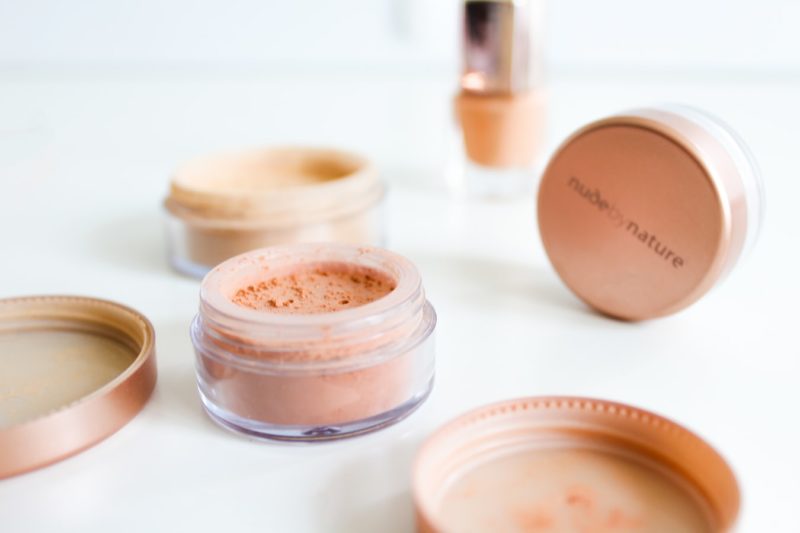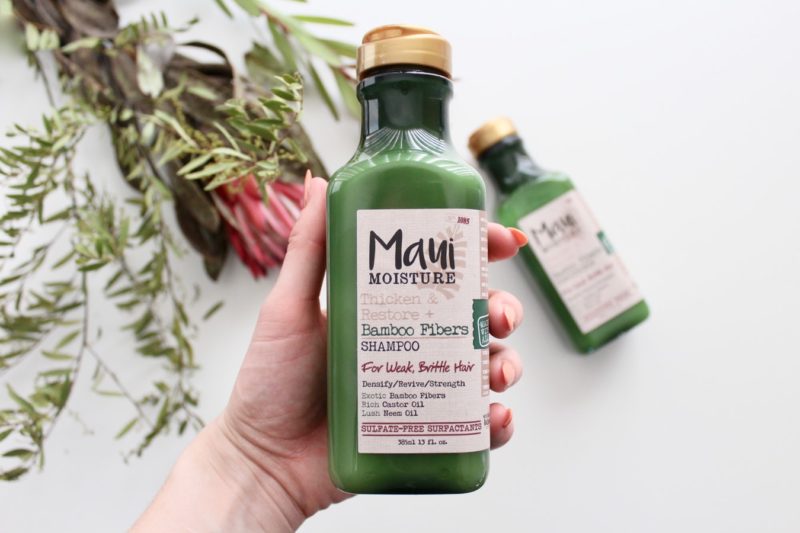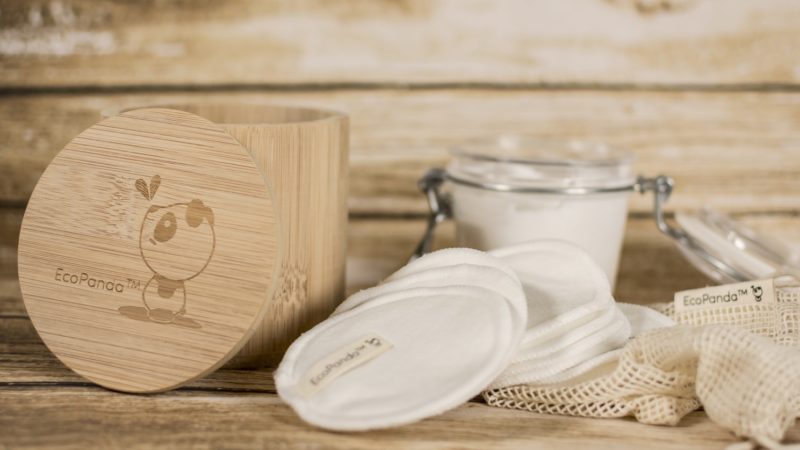How the Beauty Industry is Improving in Sustainability
For a sector that relies on bringing out the best in its customers, the beauty industry could do with some cleaning up. Rife with non-recyclable plastic packaging and non-renewable ingredients, there is plenty that can be done throughout the sector in order to boost sustainability. And as more consumers actively want to buy sustainable products, it’s probably a good idea for the industry to catch up to the changes in customer demands. Here, we’ll explore ways in which the beauty industry could be more sustainable.
Use eco-friendly packaging
The packaging for beauty products is often made up of many different types of plastics, mixed with a range of materials, including glass, aluminium, and recycled plastic. Only 30% of the plastic in Europe is recycled, while the rest ends up in landfills. Picking other, more sustainable and easily recyclable materials can help to significantly reduce the amount of plastic that ends up being thrown away. This includes plastic bottles and tubs which are often shrink-wrapped in additional plastic. However, more brands than ever are now looking towards eco-friendly packaging options, such as glass or metal. And while biodegradable materials are often used in place of plastic, they won’t necessarily work for packaging in the beauty industry, as the water and oils in the products themselves can break down the material.

It’s been said that if all cosmetic brands offered a refill option, the beauty industry as a whole could reduce carbon emissions by a huge 70%, and this has become a particularly popular option with many major retailers. Leading global brands such as Olay and Lush are beginning to offer customers the chance to refill their containers, rather than replace them. And professional brands are working on bringing this service to salon clients, such as Organic Colour Systems, who first launched a refill system in 1998. Now, it’s aiming to move to using 100% post-consumer recycled bottles by 2020. Lush has even gone a step further by adding in cork-based containers, which is ideal for the cosmetics industry, as it’s waterproof and completely biodegradable, keeping products safe without adding to the landfills. It’s also readily available as an affordable option for all brands.
Work with natural ingredients
It’s not just packaging that’s having a detrimental effect on the environment either — consumers are now equally conscious about the ingredients the beauty industry uses as well. At the start of 2018, the UK moved to ban plastic microbeads from cosmetics, such as exfoliating scrubs and toothpastes, which contributed to the plastic pollution in oceans around the world. Natural and sustainable ingredients that can be used instead include oats, jojoba beads, and coffee grounds, which offer the same exfoliating power, with none of the pollution.

Natural cosmetics are also less likely to include harsh chemicals, which can damage the environment and users. These include things like asbestos in concealer and eyeshadow, parabens in shampoo and moisturiser, and formaldehyde in nail hardeners and polishes. However, there are plenty of companies, such as 100% Pure, that are dedicated to creating skin care, hair care, makeup, and body products with completely natural ingredients. Meanwhile, other global beauty brands are looking at upcycling food waste — such as produce that isn’t aesthetically pleasing enough, or organic scraps like peels and aquafaba (chickpea brine) — in order to produce cosmetics. Using these ingredients not only reduces the amount of waste produced by the food industry, but also allows customers to more easily access and use natural and sustainable ingredients.
Swap disposable for reusable
Much of the beauty industry uses disposable products, such as spoolies, cotton pads, and cotton buds. While this is necessary for businesses like salons and freelance makeup artists, in order to control cross-contamination, customers are able to switch to reusable options. Face wipes, for example, are extremely popular for removing makeup, but are also damaging to the environment, as most are not biodegradable, and clog up landfills if they’re thrown away in the bin. However, many people choose to flush these wipes, which then ruin the sewer system, clogging up pipes, and exposing others to unhealthy bacteria in the water system.

There are now reusable options available to customers, such as washable bamboo cotton pads for makeup removal, which helps to drastically reduce the amount of waste that ends up in the rubbish. These also skip out on the chemicals which are often found in packaged wipes, making them kinder to skin. Bamboo cotton is also one of the most eco-friendly materials available on the market, as bamboo can be harvested in as little as three years. It also requires less energy to grow than other plants, such as wood, and its durable nature lets it be used as an alternative to plastic. Items like bamboo toothbrushes, cotton buds, and even dental floss are gaining popularity amongst sustainable consumers, driving the demand for such eco-friendly products.









